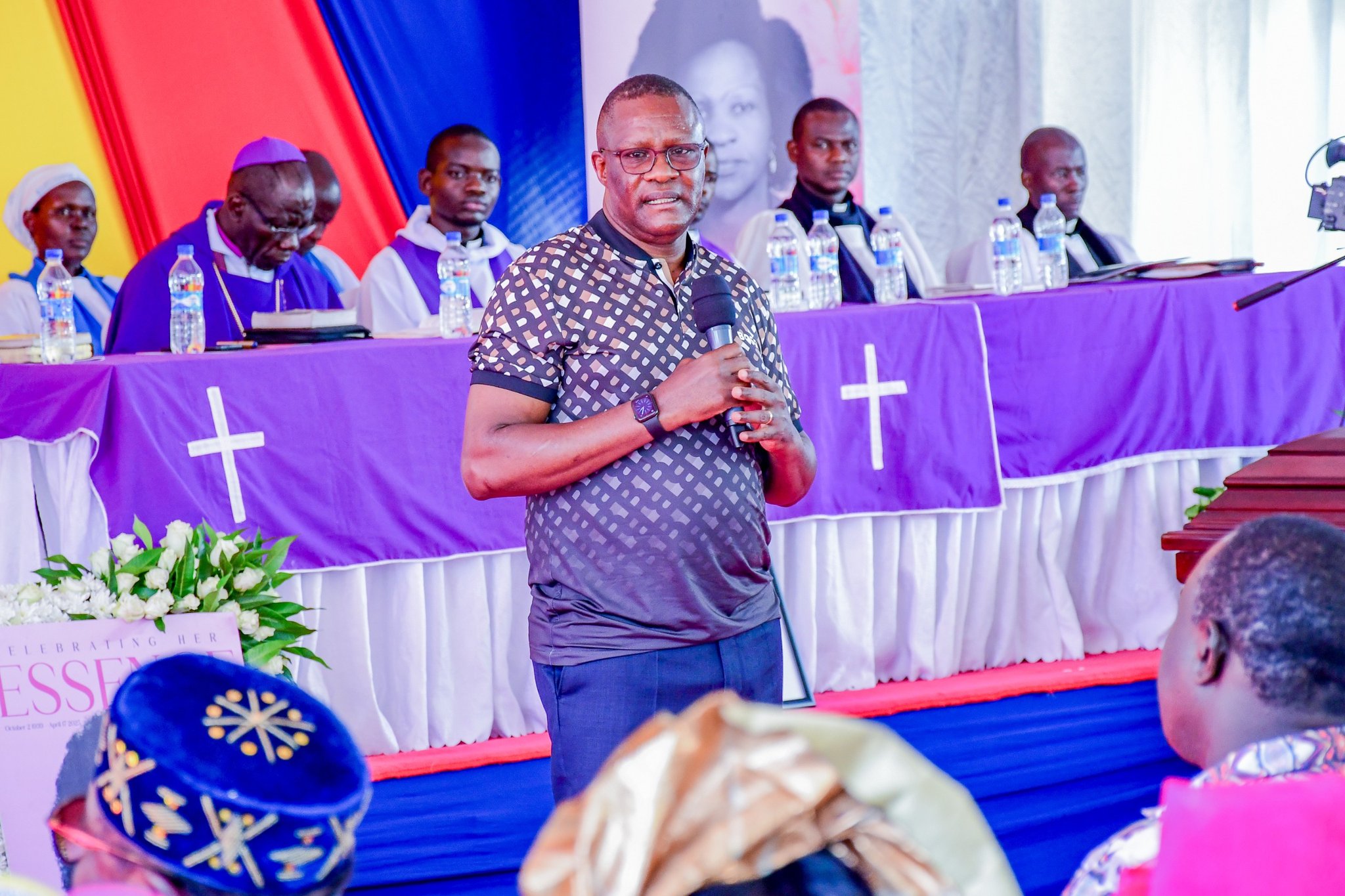
Group prepares PWDs for the next floods in Garissa
In the past, residents have been marooned by floods, causing deaths and destruction of property
Owalo says progress made in finalising public-private agreement.
In Summary

Audio By Vocalize

The national government is making
significant progress toward finalising a public-private partnership agreement
aimed at completing the long-delayed Koru-Soin Multipurpose Dam, a project
valued at Sh20 billion.
Deputy Chief of Staff Eliud Owalo said
talks with prospective private investors were well advanced, emphasising the
administration’s strong commitment to finally delivering the project.
Owalo said they are refining the
PPP financing structure to not only ensure the dam's completion but also its
long-term operation and maintenance.
He said fully government-funded
models had proven unsustainable in the past.
Spanning Kisumu and Kericho
counties, the dam is intended to provide a range of services including flood
control, water supply for domestic and industrial use, irrigation, and
hydroelectric power generation.
Strategically located near the
confluence of the Nyando and Sondu rivers, the facility is designed to store up
to 93.7 million cubic metres of water and supply more than 70,000 cubic metres
of treated water daily to Kisumu and neighbouring areas.
Owalo described the project as a
long-term remedy to the region’s frequent and destructive flooding, which has
displaced thousands, damaged infrastructure and destroyed crops during the
rainy seasons.
“Once operational, the dam will
regulate river flow and significantly reduce flood risks in vulnerable areas
such as Nyando,” he said.
Speaking at a funeral in Koru,
Muhoroni, Owalo highlighted the dam’s potential to expand access to clean water,
support irrigation efforts and generate electricity to supplement the
Sondu-Miriu power station.
He said the project offers more
than just flood protection; it's a catalyst for sustainable development across
the lake region.
Initially proposed in the early
1990s and formally launched in 2009, the Koru-Soin Dam has faced numerous
setbacks over the years, including delays in land acquisition, inconsistent
funding and lack of political follow-through.
In 2022, construction was awarded
to China Jiangxi Economic and Technical Cooperation Co, Ltd and China Jiangxi
International Economic and Cooperation Company Limited.
However, work halted shortly
after commencement due to payment issues.
The renewed momentum comes amid
mounting calls from local leaders and residents to prioritise flood mitigation
and climate resilience, particularly in light of intensifying weather extremes
in the Lake Victoria Basin.
Owalo stressed the shift in
government policy toward greater private sector involvement in large-scale
infrastructure.
"This administration is moving
away from relying solely on public funds. Through PPPs, we can deliver critical
projects more effectively and ensure accountability."
Local leaders, including Kisumu
Governor Anyang’ Nyong’o, expressed strong backing for the renewed effort.
Speaking at the same event,
Nyong’o said, “I fully support the revival of this project. It’s urgently
needed to address flooding, expand irrigation and boost power generation for
our people.”
If completed, the Koru-Soin Dam
could become a flagship example of how PPPs can address urgent development and
climate adaptation needs in Kenya’s most at-risk regions.
Analysis
The renewed push to complete the Koru-Soin Dam through a public-private partnership signals a turning point in Kenya’s approach to infrastructure development.
It reflects a strategic shift toward sustainable financing and faster project delivery by leveraging private sector expertise.
For flood-prone communities in Kisumu and Kericho, it brings fresh hope for long-term relief from seasonal devastation, improved water supply and economic growth.
The project also underscores the government’s
recognition of climate resilience as a development priority.

In the past, residents have been marooned by floods, causing deaths and destruction of property